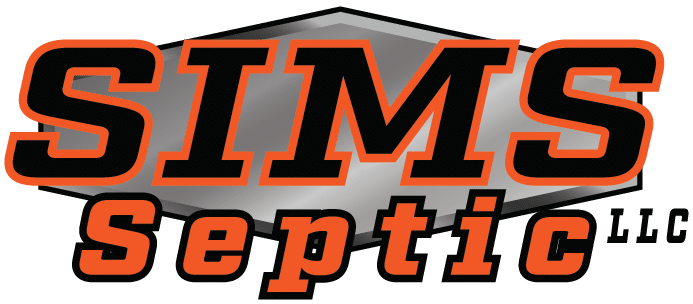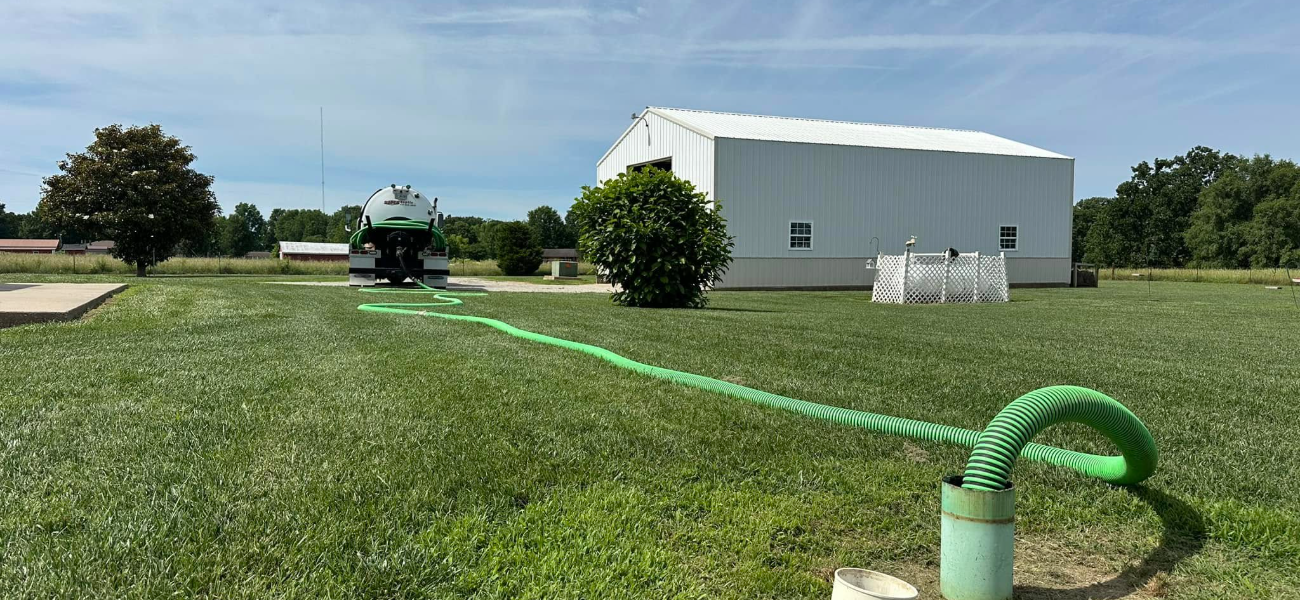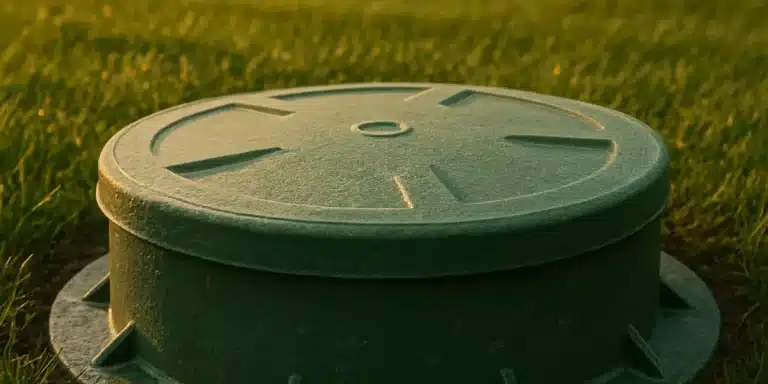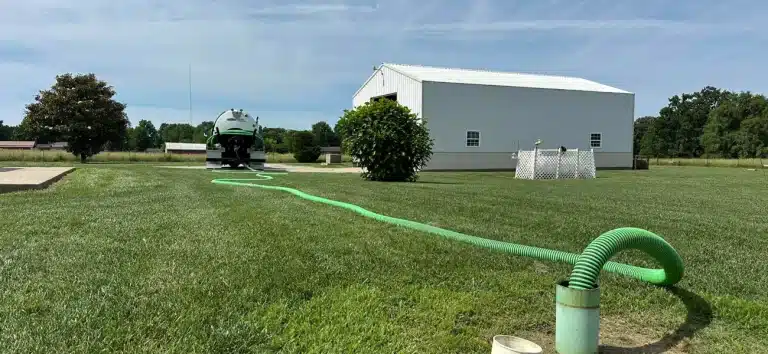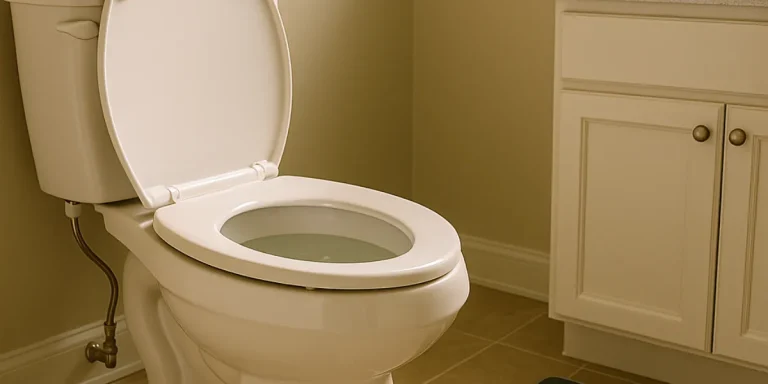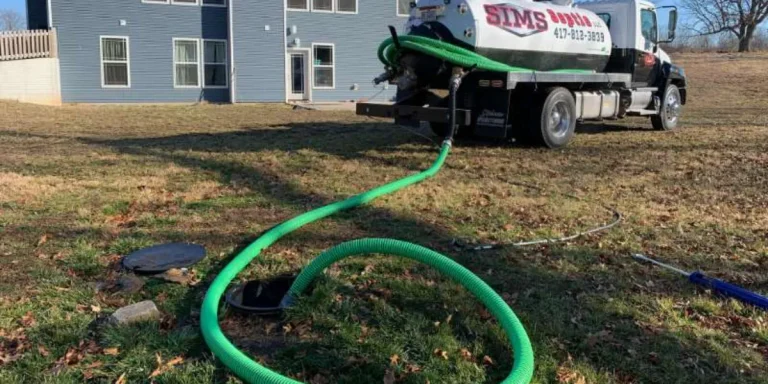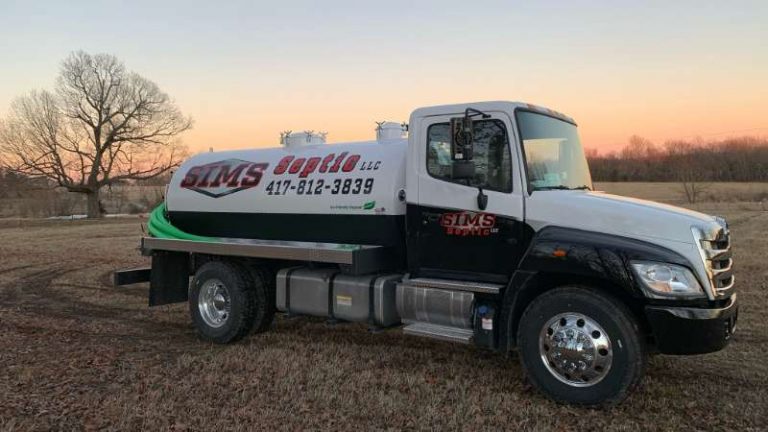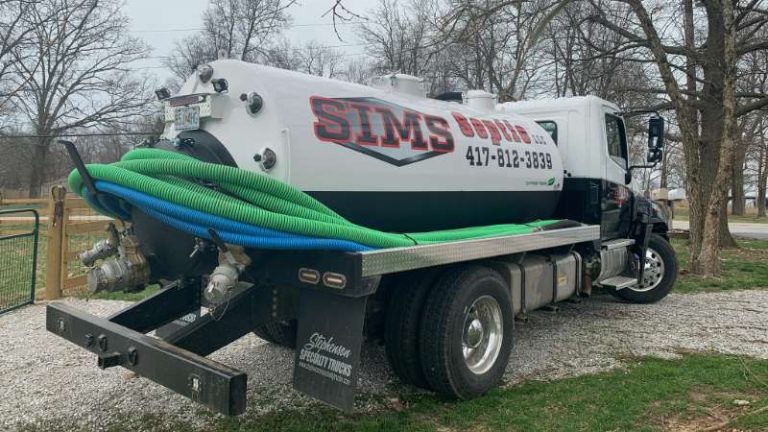How Heavy Rain Can Affect Your Septic System
Heavy rain is a part of life here in Southwest Missouri, but for properties with septic systems, too much rain can create serious problems. Saturated ground, rising water tables, and overwhelmed systems can all lead to backups, flooding, and expensive repairs if not addressed quickly.
At Sims Septic LLC, we specialize in helping homeowners and businesses in Everton, Springfield, Willard, and surrounding areas protect their septic systems year-round. Understanding how rain impacts your system—and knowing when to call a professional—can save you thousands of dollars and protect your property.
How heavy rain impacts your septic system
Heavy rainstorms can overwhelm your septic system faster than you might expect. When the soil becomes saturated, your system’s ability to treat and move wastewater slows down dramatically. Without proper maintenance or timely intervention, small issues caused by rain can turn into serious, costly repairs.
Here’s how heavy rain affects septic systems:
Drain field saturation
Your drain field plays a critical role by filtering wastewater into the surrounding soil. After heavy rainfall, the soil can become waterlogged, losing its ability to absorb any more liquid. This can lead to:
-
- Wastewater pooling at the ground surface
- Flooding around the septic system
- Water backing up into the septic tank
If your drain field stays soggy for too long, it can suffer permanent damage. Sims Septic offers professional septic system inspections to identify drainage issues early and recommend solutions like septic system repairs if needed.
Slow draining fixtures throughout your home
When the ground is saturated, your septic system has nowhere to send excess water. As a result, you might notice:
-
- Sinks, showers, and tubs draining slowly
- Toilets struggling to flush properly
- Gurgling sounds from drains and pipes
Slow drains after a storm often mean your system is overwhelmed. Scheduling a septic tank pumping with Sims Septic can help relieve pressure and restore normal function before backups occur.
Septic system backups
If rain-related issues are left unaddressed, they can lead to one of the most serious septic problems: sewage backups inside your home. Backups are more than an inconvenience—they are a health risk and can cause costly damage to flooring, walls, and personal belongings.
At the first sign of trouble, it’s critical to call a professional. Sims Septic provides emergency septic tank pumping services and can quickly diagnose if a full tank, saturated drain field, or mechanical failure is to blame. For systems that rely on pumps, we also offer expert septic dose pump repairs to ensure wastewater continues flowing properly.
Structural stress on tanks and pipes
Heavy rain doesn’t just flood the soil—it can also place physical stress on your septic components. High groundwater levels can create pressure around:
-
- Septic tanks, potentially leading to cracks, leaks, or shifting
- Underground pipes, which can misalign, separate, or collapse
These problems often go unnoticed until they cause major system failures. A thorough septic inspection from Sims Septic can catch structural problems early, allowing for proactive repairs. For systems equipped with lift stations, we also provide lift station pumping and maintenance services to keep everything operating correctly even after severe weather.
Warning signs to watch for after heavy rain
After a major rainstorm, it's important to monitor your property carefully. Small septic issues can quickly escalate if they are not addressed early, leading to health hazards, costly repairs, or even complete system failure.
Knowing the warning signs allows you to take action before minor problems become major emergencies. Here’s what to look for:
Standing water around your septic tank or drain field
Pools of water that appear near your septic tank, drain field, or inspection covers after heavy rain are a clear red flag. While minor puddling might be expected with extreme weather, water that lingers for more than a day or two usually means:
-
- The drain field is saturated and struggling to absorb wastewater
- Your septic tank may be too full and needs immediate attention
- Underground components could be leaking or damaged
If you notice standing water, scheduling a septic system inspection is the best way to quickly diagnose the problem. Sims Septic can also perform septic system repairs if drain field issues or tank cracks are discovered.
Unpleasant odors near your septic system or inside your home
Strong sewage smells either indoors or outdoors are another urgent warning sign. Odors often mean that:
-
- Wastewater is leaking from the system
- Gases are escaping through the soil or plumbing vents
- The system is backing up internally
Septic odors should never be ignored. Sims Septic offers professional septic inspections and septic tank pumping to restore your system's safety and prevent further contamination.
Gurgling sounds from toilets and drains
After a heavy storm, pay attention to the sounds coming from your plumbing. If you hear gurgling noises when flushing toilets, running sinks, or draining bathtubs, it could indicate:
-
- Air being trapped in the system due to restricted wastewater flow
- An overloaded tank that is unable to properly process new wastewater
Gurgling sounds are often an early symptom of bigger problems. Scheduling a septic checkup or pumping service quickly can prevent backups and costly water damage.
Slower-than-normal drainage throughout your home
Widespread slow drainage across multiple fixtures usually points to a septic system that’s overwhelmed, not just a localized clog. You might notice:
-
- Water taking longer to drain from sinks, tubs, and showers
- Toilets flushing more sluggishly than normal
- A general backup feel in the plumbing system
When drainage slows across the entire house after a rain event, it’s a strong sign that your system needs professional evaluation. Sims Septic can inspect your tank, assess the drain field, and perform routine pumping if necessary to relieve system pressure.
Sewage backups in toilets, sinks, or tubs
The most serious warning sign is sewage backing up into your home. Even a minor backup should be treated as a major emergency, because:
-
- It exposes your home to harmful bacteria and pathogens
- It can cause extensive and expensive damage to floors, walls, and furniture
- It often means the septic system is completely overwhelmed or has failed
If you experience a backup, contact Sims Septic immediately. We provide emergency septic tank pumping and can evaluate whether additional repairs or pump maintenance are needed to fully restore your system.
Steps you can take to protect your septic system during rainy seasons
While you can't control how much rain falls, you can take several proactive steps to minimize the impact of heavy rainfall on your septic system. Small preventative actions can significantly reduce your risk of backups, system failures, and costly repairs down the line.
Here’s how to help keep your septic system working properly, even during the wettest times of year:
Avoid heavy water usage during and after storms
When the ground is already saturated, every extra gallon of water you send into your septic system adds pressure it may not be able to handle. Help your system by reducing indoor water usage during and immediately after major rain events:
-
- Spread out laundry loads over several days instead of doing multiple loads at once
- Take shorter showers to minimize gray water production
- Limit dishwasher use until the ground has had time to dry
- Repair any leaking faucets, toilets, or plumbing fixtures that waste water
Reducing household water flow helps prevent your tank from filling too quickly and keeps your system balanced during critical periods.
Inspect and pump your tank regularly
Routine septic tank pumping is one of the most important things you can do to protect your system year-round. A tank that is properly maintained has enough empty capacity to absorb some additional stormwater infiltration without overflowing.
General pumping guidelines include:
-
- Every 3–5 years for average households
- Annually for high-use properties or rental homes
- More often if you have a small tank or a large household
At Sims Septic, we recommend pairing pumping with routine septic system inspections to catch any developing issues early, especially before and after the rainy season begins.
Divert rainwater away from the drain field
Managing how rainwater moves across your property is another important defense. Excess runoff from your roof, driveway, or yard can saturate the area around your septic system even faster than rain alone.
Protect your system by:
-
- Extending downspouts so that roof runoff moves away from the drain field
- Adjusting landscaping to direct water flow downhill, away from your septic system
- Using French drains, dry creek beds, or rain gardens to better manage surface water
- Making sure sump pumps do not discharge near the tank or drain field area
If you suspect drainage problems are already stressing your system, Sims Septic offers septic repairs and drain field troubleshooting to restore proper drainage and prevent future issues.
Schedule inspections if you're concerned
After especially heavy rain, even if no major symptoms are visible yet, it’s wise to schedule a professional septic system inspection. Many early warning signs—like slow drainage or minor leaks—may not be obvious to homeowners until significant damage has already occurred.
A full inspection can:
-
- Check the tank’s fluid levels to determine if pumping is needed
- Assess the condition of the drain field for oversaturation
- Identify structural concerns like cracks, pipe misalignments, or venting issues
- Verify that any lift stations or dose pumps are functioning correctly
At Sims Septic, we provide complete inspections and maintenance services. If needed, we can recommend septic system repairs, lift station pumping, or septic dose pump repairs to protect your system's integrity and performance.
A real-world example: Avoiding disaster with timely service
After a major storm, a homeowner in Polk County contacted Sims Septic when they noticed standing water in their backyard. Our inspection revealed that their drain field was overloaded, and their tank was close to backing up. Thanks to a quick septic tank pumping and minor adjustments to their yard drainage, they were able to avoid a major backup inside their home.
Preventive action saved them thousands of dollars—and a lot of headaches.
Proudly serving Southwest Missouri
Sims Septic LLC proudly provides septic pumping, septic repairs, and septic inspections throughout:
We are committed to providing fast, honest, and professional septic services to homeowners and businesses across Southwest Missouri.
Protect your septic system—call Sims Septic today!
Heavy rain doesn’t have to turn into a septic emergency. If you notice signs of trouble, or if you simply want the peace of mind that comes from a properly maintained system, call Sims Septic today.
We provide professional septic tank pumping,septic inspections, and system repairs in Everton, Willard, Springfield, Republic, and throughout Southwest Missouri. Contact us to schedule service or request a free estimate—we're here to help protect your home and your property.
